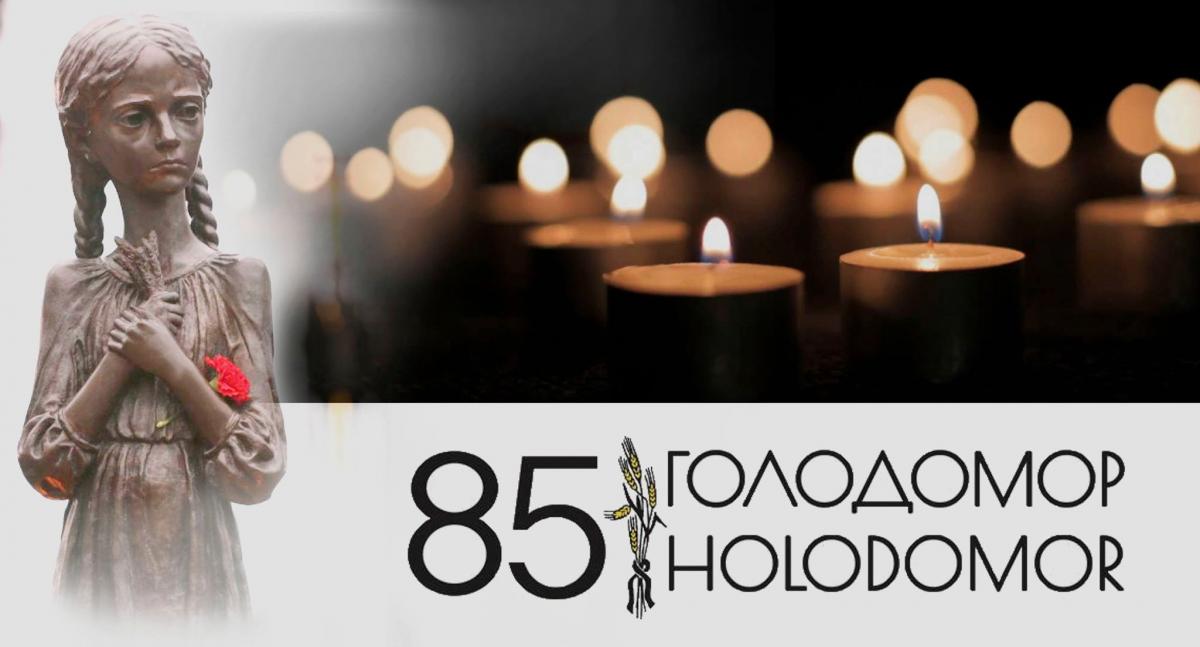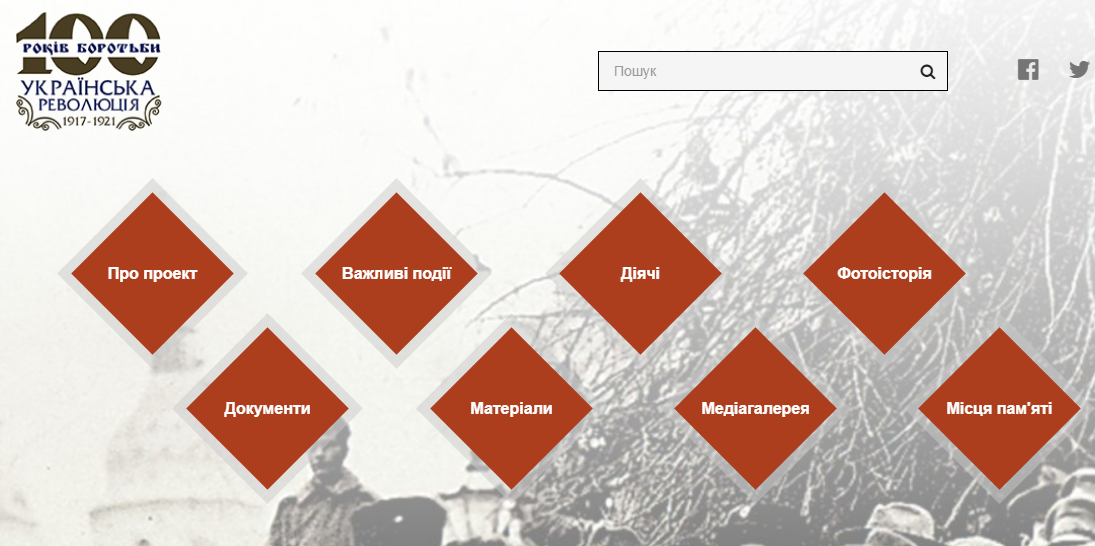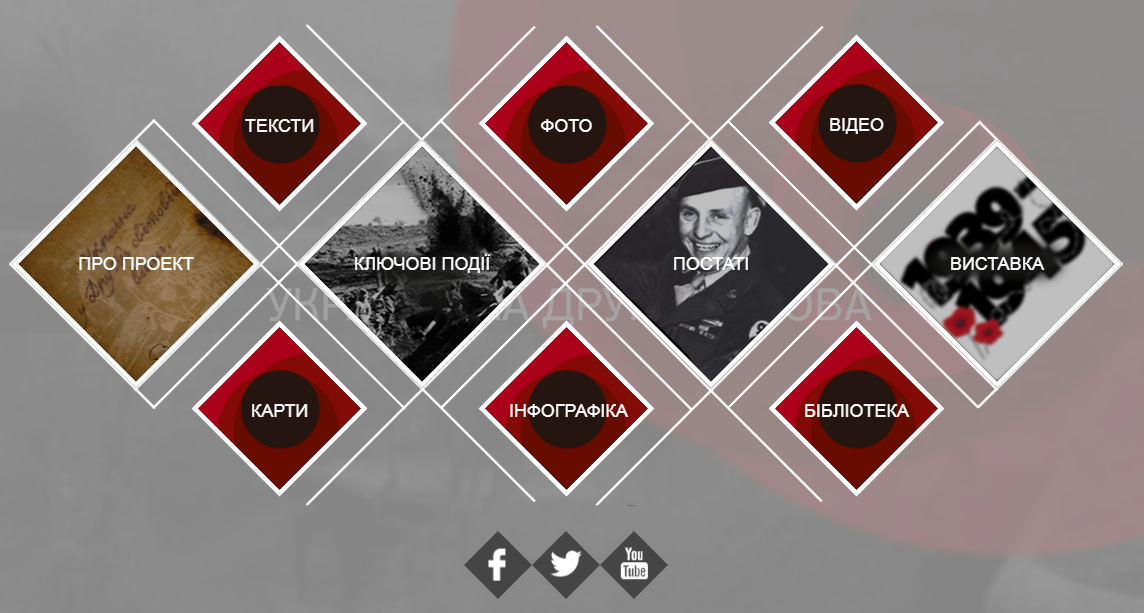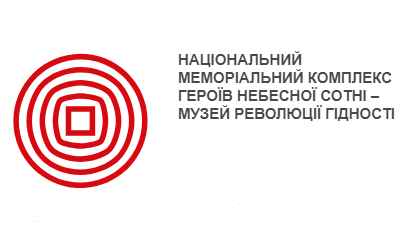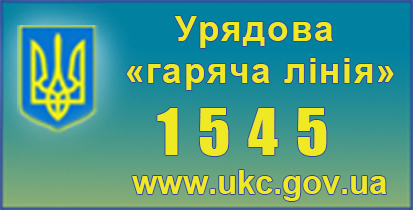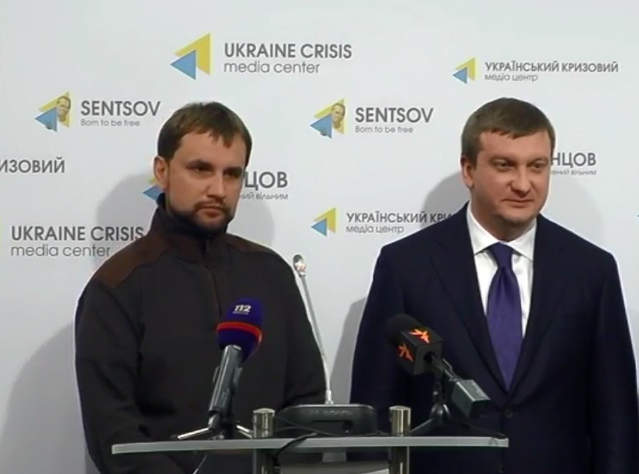Офіційний веб-сайт УІНП
|
|
|
Venetian Commission confirms Ukraine's right to undertake decommunisation
Decommunisation is to proceed, plans are to improve the legislation. The aim is unchanged – to create social unacceptance of human rights violations and to prevent the propagation of totalitarian practices.
"The Venetian Commission recognised the right of Ukraine to ban or to even impose criminal responsibility for the use of specific symbols and for the propagation of totalitarian regimes," – states the preliminary report with respect to one of the laws about decommunisation, made public following the meeting of the Venetian Commission.
The meeting took place 18 December 2015. The meeting's decision was reported in the joint preliminary report of the Venetian Commission and the OSCE with respect to the law of Ukraine "About the condemnation of communist and national-socialist (Nazi) totalitarian regimes in Ukraine and the banning of the propagation of their symbols".
The results of this stage of the Commission's work and Ukraine's position on receiving the preliminary recommendations were reported at a news conference in the Ukrainian Crisis Media Centre by Andriy Parubiy, first deputy head of the Verkhovna Rada of Ukraine; Pavlo Petrenko, Minister of Justice; Hanna Hopko, chair of the Verkhovna Rada Committee of Foreign Affairs and co-author of the law; Volodymyr Viatrovych, head of the Ukrainian Institute of National Remembrance; Sergiy Petukhov, Deputy Minister of Justice and a participant of the Venetian Commission hearings; Ihor Rozkladay, lawyer with the Institute of Media Law, and a senior advisor of the Reanimation Package of Reforms.
In general, the members of the Venetian Commission, in recognising the right of Ukraine to undertake decommunisation, ban propaganda and the use of totalitarian symbols, expressed concerns about, in their opinion, overly strict sanctions in the event of the violations of the law. It was recommended to Ukraine in particular, that the term "propaganda" be better defined, to avoid any possible negative effect on the freedom of expression and academic discourse.
This position - which is intermediary, and the discussion on the improvement of it with the Venetian Commission is continuing.
Ukraine will study the comments, will work with them and is prepared to consider them in order to improve the law on decommunisation.
The legal supremacy of the citizens' rights and liberties is not possible without am unwavering condemnation and prevention of actions, which represent a direct threat to the fundamental human right to life of people. The failure to condemn the crimes of communism and the absence of sanctions with respect to the use of totalitarian practices in the affairs of state led to the massive violations of human rights by the Yanukovych regime, to murder and war.
The main aim of the laws on decommunisation is the creation of a social environment that will not permit restrictions of rights and liberties.
In the opinion of the Ukrainian state, stated in the preamble of the law, this law is adopted and implemented "with the aim of preventing the repetition of the crimes of the communist and national-socialist (Nazi) totalitarian regimes, any type of discrimination on the basis of national, social, class, ethnic, race or other, in the future, the renewal of historic and social justice, removal of threats to the independence, sovereignty, territorial integrity and national security of Ukraine."
The participants of the news conference also stressed that the law went through public discussions, its acceptance took place in accordance with parliamentary procedure, which was confirmed by a decision of the Constitution Court.
The process of decommunisation and denazification took place in all democratic European countries which suffered from totalitarian regimes. The policy of national remembrance, of which decommunisation is a part, became one of the bases of the democratic transformation. The success and regional specifics of such state measures are underlined in a resolution of the Parliamentary Assembly of the OSCE in 2009: "The transition from a communist dictatorship to democracy cannot take place instantly. The historical record and cultural heritage of each country must be taken into account."
In April 2015 the Verkhovna Rada of Ukraine approved a package of four laws about decommunisation: about the condemnation of total regimes, provision of full access by citizens to the secret documentation of Soviet special services, the legal status of the participants of the fight for independence, and the immortalisation of the memory of the fight against nazism. The Venetian Commission made separate recommendations with respect to only the first of these laws.
The participants of the news conference affirmed that the process of decommunisation, which began following the Revolution of Dignity, will be implemented in full.
Translator Myron Spolsky
|
|
